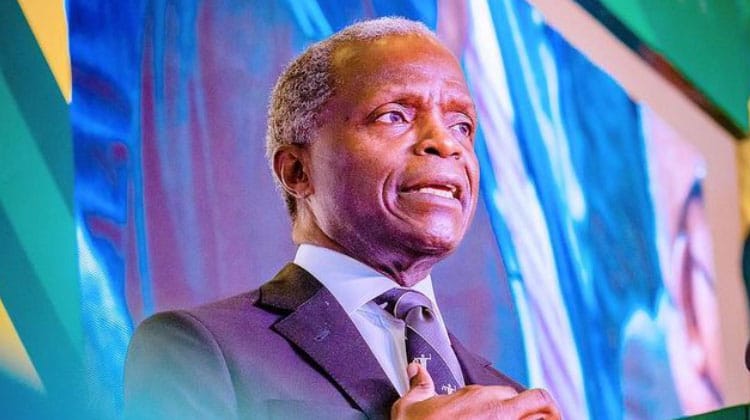Over the past decade, numerous factors have contributed to the deterioration of relations between China and the European Union. Of those factors, China’s investment in strategic infrastructure is often overlooked, despite the role it played in nurturing mutual distrust and in prompting Europe to adopt the much more defensive stance that it has now embraced. Who remembers today that during their 2013 summit in Beijing, the two sides concluded an China-EU 2020 Agenda for Strategic Cooperation? In hindsight, this document represented the pinnacle of the optimistic engagement strategy that still prevailed in Europe at that time. Economically, the highest priority mentioned was negotiating an Investment Agreement that would cover investment protection and market access, presented as a precursor to a “deep and comprehensive FTA.” Europeans had long hoped China would cooperate on international security issues, but the Hu Jintao-Wen Jiabao (2002-2012) leadership viewed the relationship primarily through the lens of trade, access to the European Union single market, and European technology and investment. Thus, it was surprising when China agreed to include a “peace and security pillar” in the bilateral agenda, aiming for a secure cyberspace, a strengthened human rights dialogue, and enhanced consultations on Africa, Central Asia, Latin America, and regions neighboring both the European Union and China. The 2013 summit was the second China-EU meeting since Xi Jinping had risen to supreme power in China, as the top leader of the state, the military, and the Chinese Communist Party. Some in Europe optimistically (and briefly) believed that the end of the Hu-Wen era would lead to the removal of at least some of the obstacles hindering the development of the China-EU partnership. Yet, with Xi in charge, the exact opposite occurred: Obstacles have accumulated, leading to growing disappointment and mutual distrust. On the international security front, after a decade without any record of significant cooperation, despite the good intentions communicated in the 2013 communiqué, China and the European Union have now ended on opposite sides of the Russia-Ukraine war, so much so that some in Europe argue China should be considered a threat to European security. Economically, there is growing concern that the European Union and China may be in the early stages of a trade war, especially if the United States intensifies its trade measures against China after the November 2024 presidential elections and U.S. pressure on Europe to align intensifies – even though one could also argue that strong U.S. trade measures against China would lead Beijing to become more flexible toward Europe. For now, what we see is the culmination of a trend that has developed over the past decade, during which the European Union has lacked the leverage to address the imbalances and asymmetries in China-EU relations. The 2020 conclusion of the Comprehensive Agreement on Investment, often cited by China as evidence of its willingness to be flexible on market access, would have only marginally addressed these issues – and the agreement is now frozen due to political disagreements. Instead, the European Union focused on building a toolbox of defensive measures. Some of these are new, such as the Anti-Coercion Instrument, the FDI screening regulation, and the International Procurement Instrument. Others have been revised and updated, like dual-use export controls and anti-subsidy measures. When consultations fail, strengthening one’s defenses becomes the only viable means of rebalancing an asymmetric relationship. Infrastructure investment has been the backbone of China’s economic miracle since the launch of economic reforms in the late 1970s, creating new opportunities for private entrepreneurship – and enormous market scale for the country’s state-owned enterprises. However, since Xi Jinping’s declared “New Era,” China’s interest in strategic infrastructure has evolved beyond purely economic development. The combination of China’s market scale, Xi’s vision for China’s global leadership, and the tendency of large Chinese infrastructure companies to seek vertical integration has shifted Europe’s perspective, from one centered on economic development to one focused on unfair asymmetries and the security risks posed by excessive leverage and access to sensitive data. Consider three companies in three different sectors: COSCO (China Ocean Shipping Company), the State Grid Corporation of China, and Huawei Technologies. Each operates in a sector deemed strategically important by the Chinese government: respectively, global trade and logistics, energy infrastructure and distribution, and telecommunications and technology. Each is heavily investing in innovation. Each has encountered politicized resistance in its expansion efforts in Europe, either on grounds of national security, or because of the distortions to free market competition induced by Chinese state capitalism. COSCO’s dominance in maritime logistics stems from its comprehensive horizontal and vertical integration: owning and operating shipping lines, carriers, specialized vessels, terminals, and shipyards, and managing supply chain logistics. COSCO aligns with China’s national security objectives by integrating civilian maritime assets with military operations, supporting China’s navy and enhancing Chinese influence over major trade routes. The State Grid Corporation, which supplies electricity to over a billion people in 26 Chinese provinces, earning it annual revenues exceeding $450 billion, operates on a
Subscribe
Login
0 Comments


